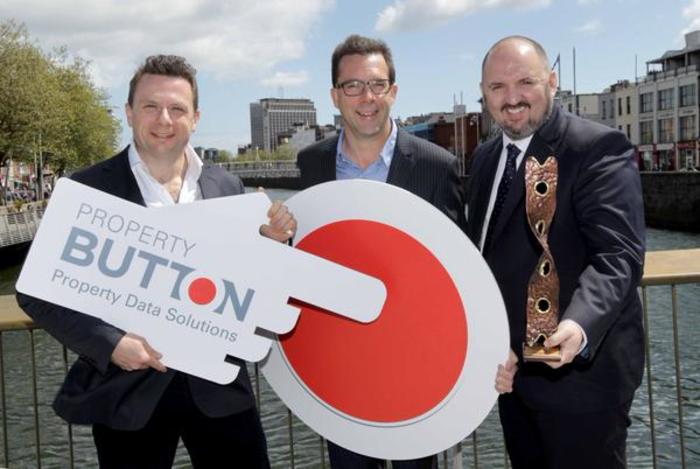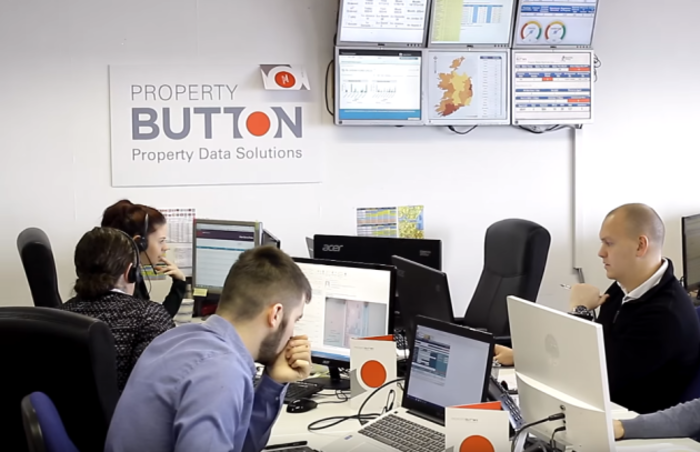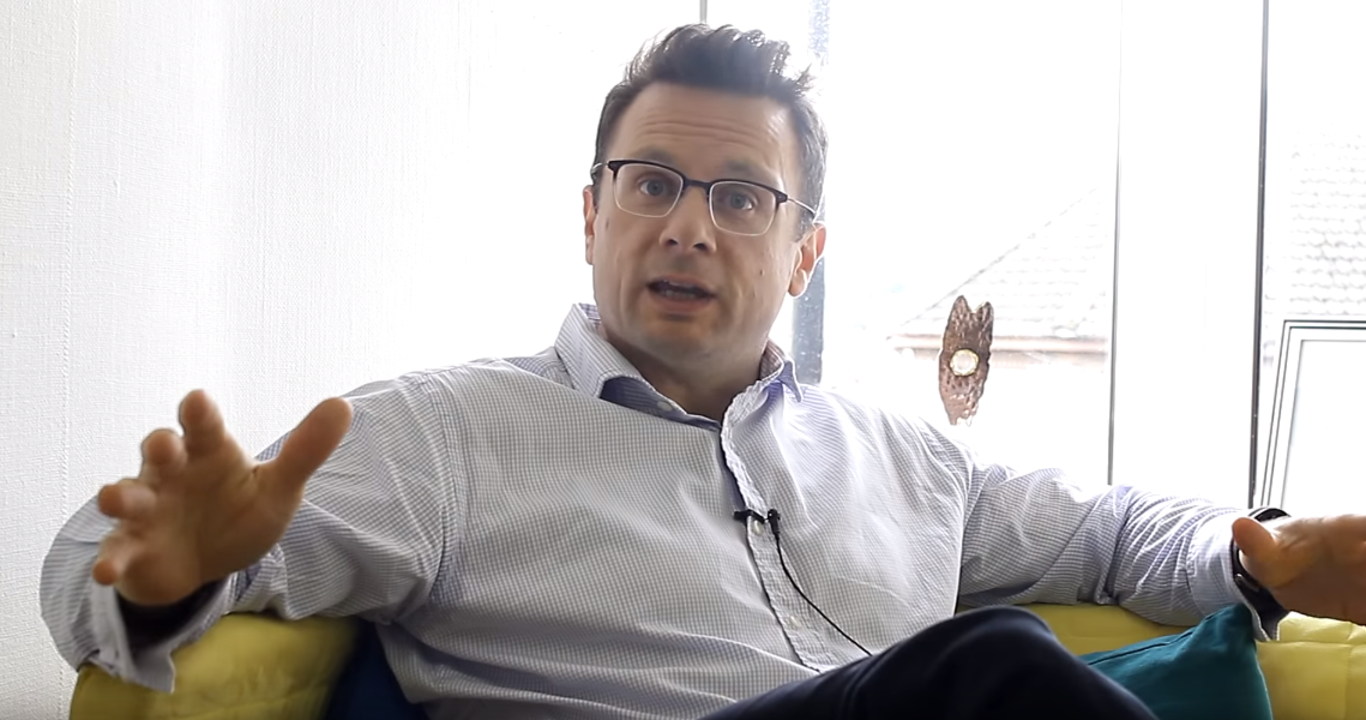'I was stone broke. I sold my car and couldn't afford to fix the heating'
While liquidating his last business, this entrepreneur was also trying to launch a new startup.
THREE YEARS AGO I liquidated my very first business. It was a very painful process because I really bet the farm on it and came out stone broke.
And I mean really stone broke. I sold my car, borrowed money from my parents, the heating in our house was broken for about 18 months since we had no money for a replacement boiler and I restructured my mortgage.
The business was a direct sales company called D2D Sales Outsourcing. We worked for telecoms and electricity companies and had about 300 guys out on doors each evening selling different products and services.
It had become quite a substantial business, but in hindsight our business model was naïve and cash flow killed us. When it came down to the crunch, some of the bigger blue-chip clients simply didn’t pay us regularly, and we couldn’t withstand not being paid for a number of months.
So in January of 2013, after fighting to make the business work for about two years, we called in the liquidators and assisted them to maximize value for the credits and close up the company in a proper fashion. Those few months with the liquidator were probably one of the most intense learning experiences I’ve gone through.
It’s a tough process and you come out the other side of it emotionally beaten with a lot more grey hair and no business, no income and debts. However, on the positive side you are a much better businessman, have better knowledge, are tougher emotionally and have a searing desire to never to experience the pain of liquidation again.
It also makes you set proof points for all new initiatives and kill them early if they don’t achieve.
 Property Button co-founder and CEO Jim Urell (left)
Property Button co-founder and CEO Jim Urell (left)
Back in the game
I had a wife who wasn’t working, outside our home and two kids, and didn’t have time to lick my wounds. So while I was liquidating D2D I double-jobbed for a few months, splitting my time between the liquidator and my new business called Property Button.
The chance to get back on my feet came about from a business I launched in 2012, a year before D2D finished. We recognised a problem with occupancy and hence affordability in the rental market.
Occupancy is a key driver of return on investment for landlords and a big cause of homelessness and affordability for tenants. It was low because many properties were vacant for large stretches of time between tenancies due to delays associated with paper-based business processes.
So we had an idea to speed up the process of getting those properties back on the market quicker by building a SAAS (software as a service) platform designed to remove those delays by automating all processes, connecting all suppliers, removing all paper and offering a single point of contact.
Even though I knew I wanted to sink my teeth into this new idea, I was still committed to focusing a lot of my time on liquidating D2D. Reputation is everything in business, and I knew it was crucial to exit D2D with our reputations intact. So I invested a lot of time with our liquidator explaining our historical decision-making and providing supporting evidence.
Effectively, I had two jobs to do, and it was emotionally exhausting because when I wasn’t in the liquidator’s office getting the third degree, I was a startup entrepreneur again.

I needed to exude positivity, energy and self-belief in order to motivate potential customers to sign up, engineers to build the system, customer support and our accountant – all with no cash.
It’s worked out well and after 18 months we ended up with 200 estate agents trafficking through our software-as-a-service platform.
Lessons learned
I’m back on my feet now, we’re reinvesting every penny the business generates and growing at a very fast, but manageable, 9% per month.
I’ll never forget the D2D lessons. It failed because we didn’t have the management information necessary to link financial information to operational information, hence blue-chip partners could surprise D2D by clawing back the monies they paid six to nine months earlier.
Property Button has a flexible cost base, multiple independent revenue streams, better contracts with our suppliers and is developing the business in different territories. And crucially is expanding in a structured and controlled manner.
Getting easier
I sure have some scars from my time as an entrepreneur, but you need them to learn and grow. We now have a business that we’re proud of, we have 27 motivated employees who look after approximate 1,000 customers in the UK and Ireland and manage 42,000 new properties per annum in the Irish market.
That didn’t happen overnight. It was very tough at the start because we had minimal resources, but three years later we’ve built a robust business with relatively mature systems, processes and a strong management team. We are growing our product range and entering new markets, like we did in the UK last October and plan to do in the US during 2017.
We’re having fun again, we’re making money and crucially we believe in what we are doing – maximising occupancy and reducing homelessness feels very good.
Jim Urell is the co-founder and CEO of Property Button. This article was written in conversation with Killian Woods as part of a series on business mistakes and what can be learned from them.
If you want to share your opinion, advice or story, email opinion@fora.ie.







